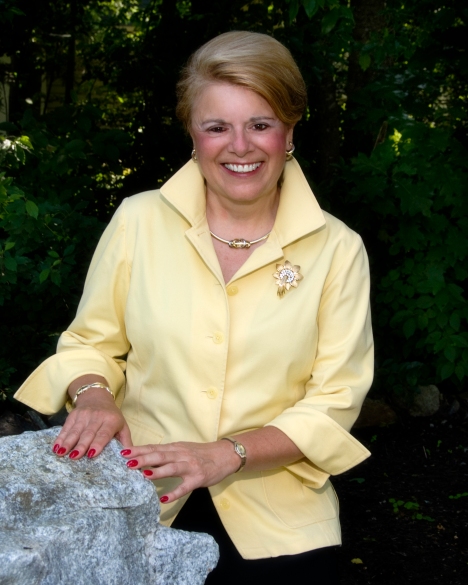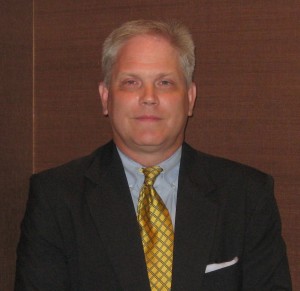
Oshana Himot
When planning a career, some people find the “coolest industries” by doing research to locate the industries which have the largest projected growth for the future. However, there are other parts to career research which can help you find the industries which bring you financial rewards as well as personal and job satisfaction.
This article offers five ways to research the “coolest industries” to create new career, income and job fulfillment.
1. Listen to What the Marketplace Tells You
People are sharing what they desire and require to improve the quality of their life and work all the time. When we listen carefully, we can often discover new ways to offer services and products that help them achieve their goals and that create income at the same time.
2. Look for Ways to Make Life Easier for People
Many people will pay for a service or product that makes their life easier.
For example, airport shuttle services offer an easy and efficient way to get to the airport without having to drive and park a car or rely on a friend or business colleague for a ride.
3. Survey People to Discover What they will Buy
It is easy to find out what will help people and what they will buy by asking them questions. You will receive the most helpful answers when they are open-ended. This means asking questions in a way which enables the other person to explore and express their thoughts and feelings deeply.
For example, “What are your thoughts and feelings about ___?” is an open-ended question. This is a question which cannot be answered by ‘yes’ or ‘no’.
When you discover something that people would like to have and will pay for, you can then ask them more specific questions about pricing and other aspects of your offer to them.
4. Know Well Your Skills and Expertise and the Benefits they Provide
It is as important to understand the benefits of your unique combination of skills as it is to know what they are. People often respond more when they hear about the benefits rather than the skills themselves.
Knowing how to communicate what you do and its benefits will help you uncover new career opportunities that provide great service to people.
5. Let Your Values and Goals Lead You in Choosing a New Industry
Rather than starting with the industries that receive the most publicity, start out first by knowing your values and goals. Once you know what is most important to you, you can then research the industries that respond well to your values and choose a career to help them achieve their goals.
For example, let’s say that you are committed to helping abandoned animals. First, make a list of your skills. Then make a list of possible services you can provide distressed animals. After this, create survey questions.
By knowing the benefits of your skills and being open to the information you receive during the surveys you take, you may discover a niche for which you are uniquely qualified. It is possible that this niche has never been filled before. Therefore, you have no competition.
Practice using these five ways to find the “coolest industries” for your work. This helps you discover new careers in which your skills, values and goals make a unique contribution to the industry you serve. You may find that besides the financial rewards, you receive much personal and job satisfaction in a way that benefits everyone.
© 2010 Oshana Himot Consulting, LLC. All Rights Reserved.
Oshana Himot, MBA, CHT is an organizational and personal development coach and trainer. She works with executives and entrepreneurs to help them use their skills and knowledge in ways which create new businesses. Her training institute, The Business and Life Training Institute for Entrepreneurs, teaches live workshops and webcasts worldwide.
Oshana has two Masters of Business Administration degrees, in Corporate Finance and Arts Administration from Golden Gate University in San Francisco, California, and she is a member of the Institute of Executive Development. She is the author of 5 digital books and is presently writing her second book on joy. To reach the Institute, go to: www.businessandlifeinstitute.com or email: admin@businessandlifeinstitute.com.
Improve your career satisfaction with these 5 steps. Career research based on market needs, and your skills, values, and goals can reveal unique ways to contribute.

Filed under: Job Search Skills You Need To Have, Motivation | Tagged: Business, career, career research, choosing, cover letters free, Employment, find ways, Free Resume Rewrite, Goals, Golden Gate University, health, help my resume, help my resume blog, Help Pay My Bills, help with my resume, Help with resume, HelpMyResume.org, how to get ahead, how to make resume, I need help building my resume, industry, job resume sample, Job satisfaction, job satisfaction and career satisfaction., Master of Business Administration, Myresume.org, objectives for resumes, Personal development, Research, resume how to write, Resume rewriting, resume write, resume writing free, resumes objectives, San Francisco, Volunteer resume | Leave a comment »









![ryan-himmel-bidawiz[1]](https://helpmyresume.wordpress.com/wp-content/uploads/2010/11/ryan-himmel-bidawiz1.png?w=468)
![KW_photo_web[1]](https://helpmyresume.wordpress.com/wp-content/uploads/2010/11/kw_photo_web1.jpg?w=199&h=300)
![hiyoga6A[2]](https://helpmyresume.wordpress.com/wp-content/uploads/2010/11/hiyoga6a2.jpg?w=231&h=300)






